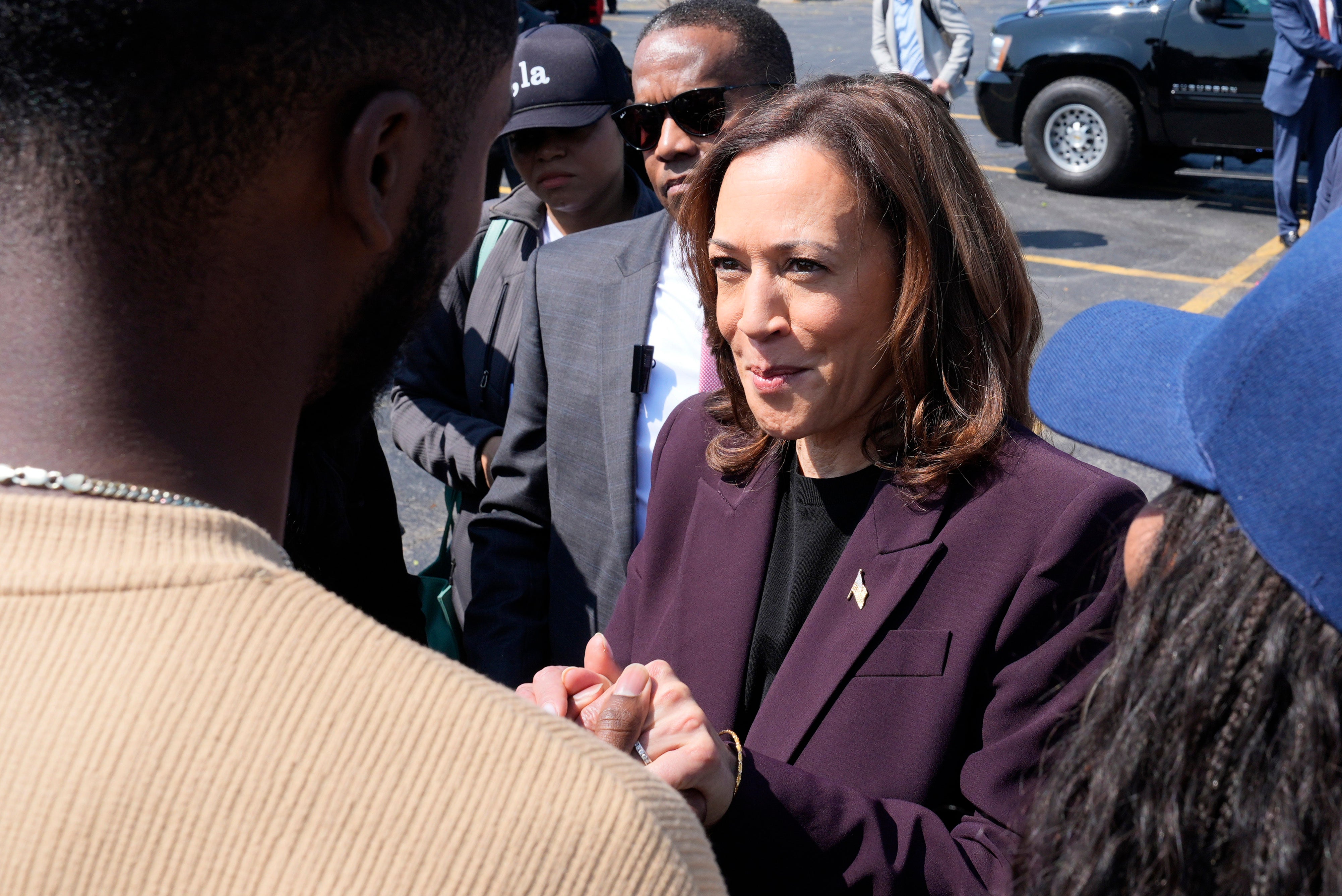The National Federation of Republican Assemblies (NFRA) has cited the infamous 1857 Dred Scott Supreme Court decision, which stated that enslaved people weren’t citizens, to argue that Vice President Kamala Harris is ineligible to run for president according to the Constitution.
The group also challenged the right of Vivek Ramaswamy and Nikki Haley to appear on Republican primary ballots.
The Republican group’s platform and policy document noted that “The Constitutional qualifications of Presidential eligibility” states that “No person except a natural born Citizen, shall be eligible, or a Citizen of the United States, at the time of Adoption of this Constitution, shall be eligible to the Office of President.”
The same document included former President Donald Trump’s running mate Ohio Senator JD Vance on a list of preferred candidates for vice president.
The document and the citing of the Dred Scott decision were initially noted by lawyer Andrew Fleischman on X, formerly Twitter.
The group goes on to argue in the document that a natural-born citizen has to be born in the US to parents who are citizens when the child is born, pointing to the thinking of Supreme Court Justices Antonin Scalia and Clarence Thomas.

“An originalist and strict constructionist understanding of the Constitution in the Scalia and Thomas tradition, as well as precedent-setting U.S. Supreme Court cases … have found that a ‘Natural Born Citizen’ is defined as a person born on American soil of parents who are both citizens of the United States at the time of the child’s birth,” the document states.
The group then cites six cases including Dred Scott v Sandford. The 1857 ruling came a few years before the 1861 outbreak of the US Civil War over the issue of slavery, stating that enslaved people could not be citizens, meaning that they couldn’t expect to receive any protection from the courts or the federal government. The ruling also said that Congress did not have the power to ban slavery from a federal territory.
The NFRA’s platform document argued that “Several states, candidates, and major political parties have ignored this fundamental Presidential qualification, including candidates Nikki Haley, Vivek Ramaswamy, and Kamala Harris whose parents were not American citizens at the time of their birth.”
“It is the will of this convention that only candidates who meet the natural born-citizenship standard, interpreted through an originalist and strict constructionist standard, be placed on the 2024 Republican presidential primary ballots,” the document states.
Both Haley and Ramaswamy appeared on Republican primary ballots. Former President Ronald Reagan was a member of the now 90-year-old organization, Raw Story noted.
The NFRA’s interpretation of the Constitution would have made several US presidents ineligible to hold office, such as George Washington, John Adams, Thomas Jefferson, and James Madison. Their parents were born in what was then the British colonies in what would later become the US, meaning that those commanders in chief would not meet the strict standards of the NFRA.
The NFRA also cited the 1939 case Perkins v Elg.
“A child born here of alien parentage becomes a citizen of the United States,” the case states, going against the argument of the NFRA.
The US Archives states on its site that the Scott v Sandford ruling is “considered by many legal scholars to be the worst ever rendered by the Supreme Court.”
It also notes that the decision was “overturned” by the 13th and 14th amendments which abolished slavery and stated that all people born in the US are citizens.
The Independent has contacted the NFRA for comment.

